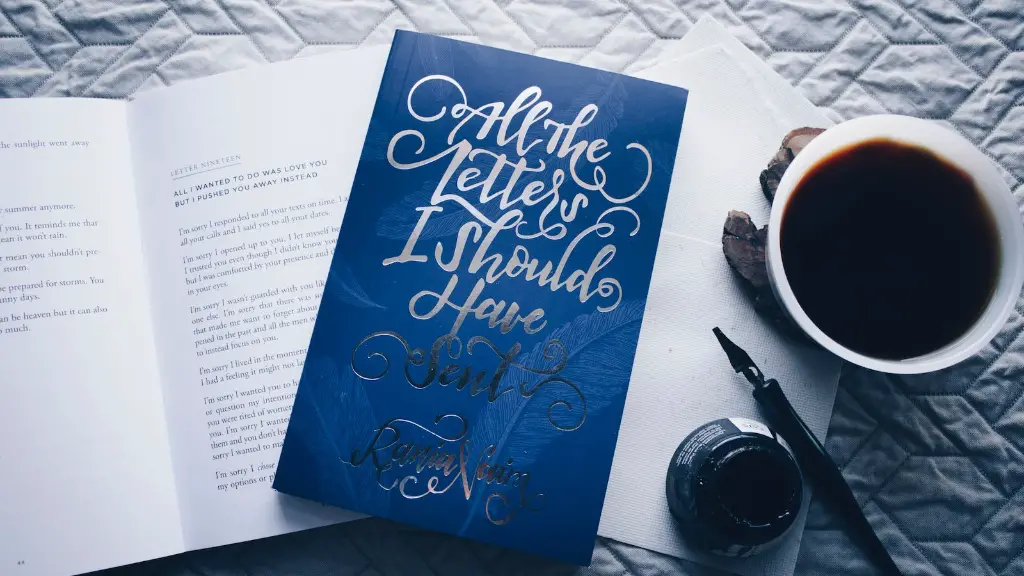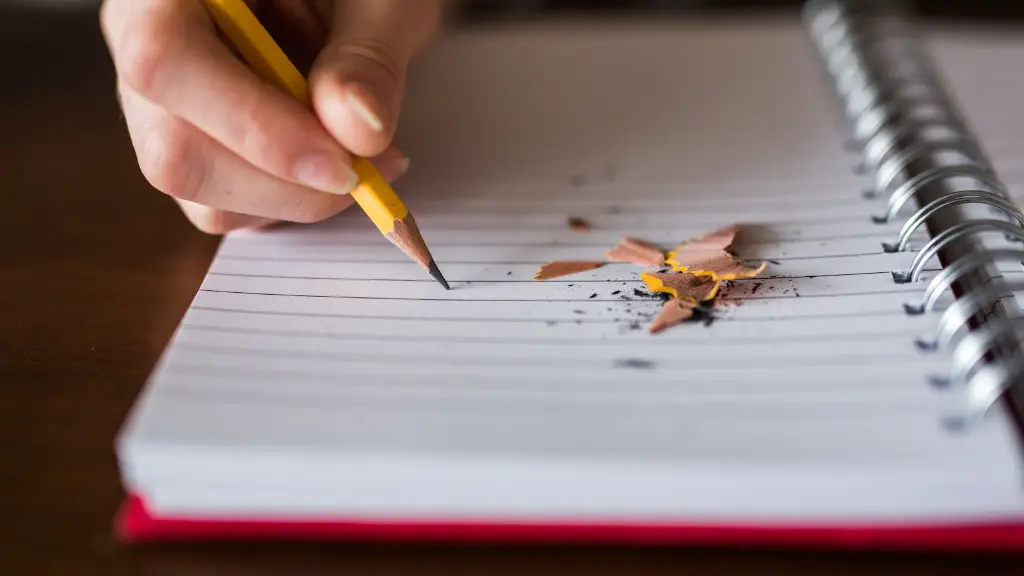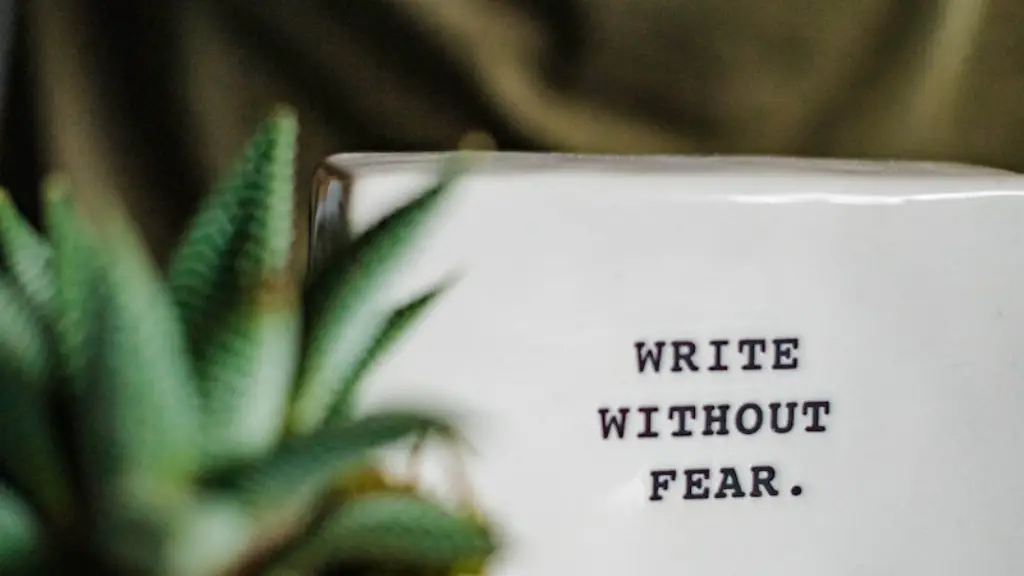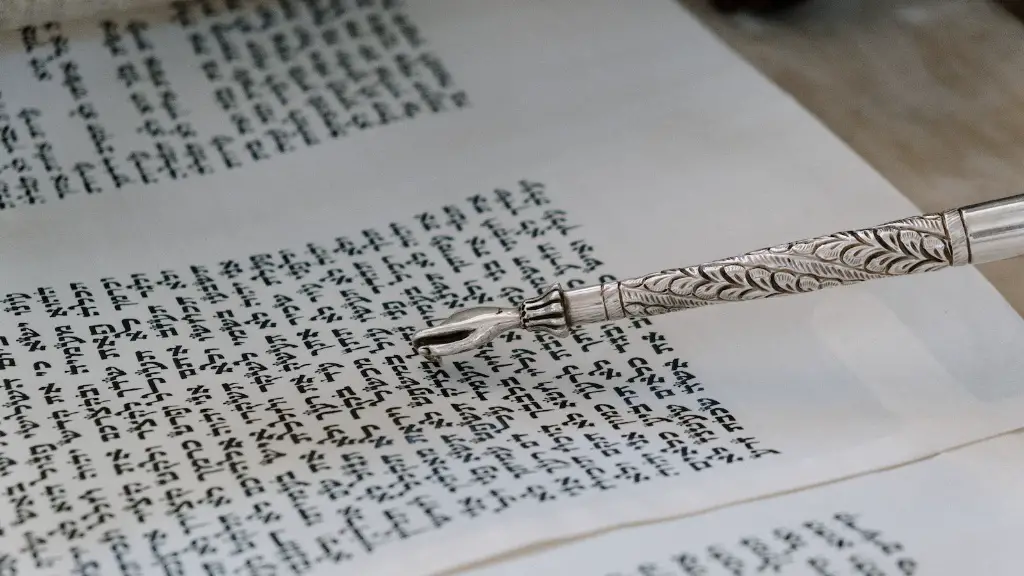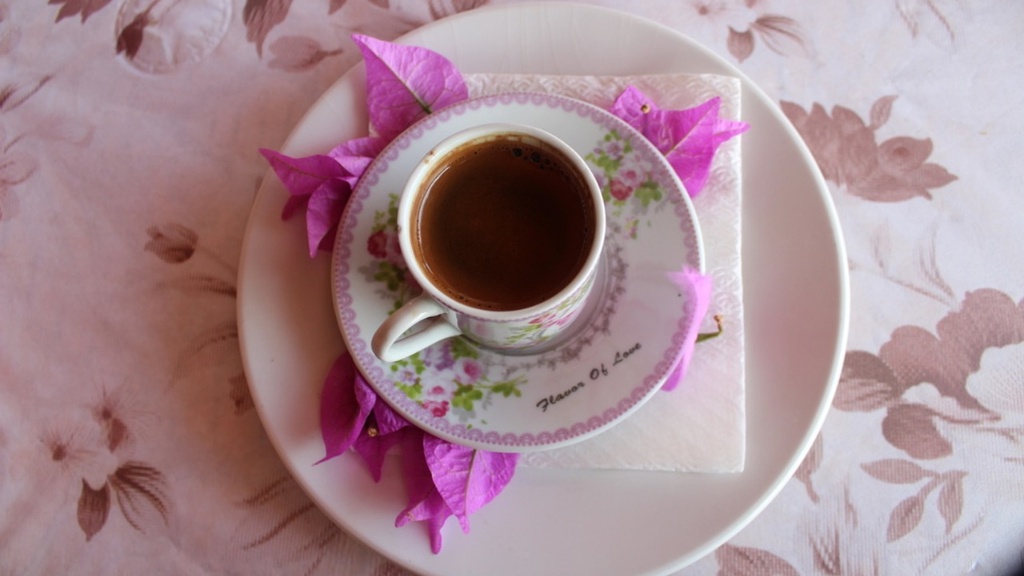Poetry has often been defined as an art form that condenses language, fuses emotion and thought, or transmits feelings to reach the heart of its readers. This definition is often seen as the simplest, most basic definition of the term. It speaks to the power of poetry to evoke intense emotions, stimulating those who read or hear the words to gain a deeper understanding and meaning. In its simplest form, poetry is a combination of words arranged in a pleasing manner on a page. It is often described as an art form that portrays the beauty behind the words that are spoken.
Words are most often used to create poetic images, usually by invoking figures of speech such as similes and metaphors. Poetry is often considered an art form because it gives writers the freedom to use language in an expressive and creative way. Words can be arranged in a variety of forms and styles in order to evoke an emotional response from the reader. Poetry can be used to entertain, to inform, to educate, and to inspire. Poetry can also be used to convey a message or tell a story.
Poems come in a variety of forms and can be read or heard. Some of the most popular forms of poetry include haiku, ballads, sonnets, and limericks. Poems are often seen as free-flowing, with the rhythm and the music of the language creating a distinct feeling or atmosphere. Poetry is often perceived as a form of self-expression and it can be used to explore feelings and express emotions. Poetry can also be used to explore and explain the world, or to show a personal perspective on life.
Unlike prose, which is generally linear and straightforward, poetry is often characterized by its use of symbols and imagery. A poet often uses a mixture of symbols, metaphor and imagery to represent universal ideas and emotions. Poetic language is often more succinct and direct than prose. However, when reading poetry it is important to take the time to think about the hidden meanings and associations between words. It is also important to read poetry in its entirety, since each poem has its own unique style and structure.
Poetry is seen as a way of expressing oneself, and of exploring feelings, emotions, and thoughts. It can also be seen as an art form, where the words are used to create a pleasing effect. When reading or writing poetry, it is important to explore the meanings behind the words and allow the reader to come away with new knowledge or an increased understanding. By honing the craft of poetry, writers are able to create gems which are beautiful and rich in meaning.
The History of Poetry
Poetry has a long and celebrated history, with different cultures and countries having their own unique forms and styles. Poetry originated as an oral art form and has been part of our culture since the earliest times. Ancient cultures used poetry to record myths, and to express religious and spiritual beliefs. Over the centuries and across different cultures, poetry has become more popular and accessible.
One of the earliest known forms of poetry is the Epic, with some of the earliest examples being the Sumerian Epic of Gilgamesh, the ancient Indian Sanskrit epics, and the Greek epics of Homer. Ancient epics were usually long poems that told stories about gods and goddesses, heroes, and their adventures. The power of the Epic was in its ability to transport the listener or reader to another world, and to evoke powerful emotions and thoughts.
Poetry has also evolved over time, with some of the more notable changes being the emergence of lyric poetry, the rise of the sonnet, and the romantic movement. Lyric poetry is often characterized by its focus on personal feelings and experiences, while sonnets are often known for their structured form and often mysterious endings. The romantic movement of the 18th and 19th centuries revived an appreciation of nature, and the literature of the time was often characterized by the expression of personal feelings, idealism, and romanticism.
Poetry has continued to evolve over the centuries and has been used for a variety of purposes, from expressing political views, to exploring the nature of love and loss, to honoring the dead. No matter the purpose or form, poetry has continued to captivate readers and writers alike, with its power to evoke emotion, thought, and understanding from those who read its words.
Benefits of Appreciating Poetry
Reading and appreciating poetry can be a fulfilling and rewarding experience for the reader. Poetry can help to open up new ways of thinking and appreciating the beauty of the written word. It can expand the reader’s vocabulary and introduce them to new concepts and ideas. By gaining a better understanding of language, the reader will become a more effective communicator and this can be beneficial in both professional and personal situations.
Poetry can also help to expand the reader’s creativity. By reading and writing poetry, the reader can explore different ways of expressing their thoughts and emotions. Through this exploration, the reader may discover more about themselves and their own writing style. Poetry can also be an effective form of social commentary and protest, and can help to draw attention to political, social and economic issues.
Reading and writing poetry can help one to develop a greater understanding of life and the human condition. Poetry has the power to evoke intense emotions and this can help the reader to gain an insight into their own feelings and emotions. By exploring different poetic forms, the reader can gain a better understanding of structure and rhythm, and learn to appreciate different forms of literature.
Poetry can also serve as an outlet for personal expression and exploration. As it is relatively brief, it can be an effective way to write about difficult emotions or experiences. Writing poetry can help the writer to make sense of their thoughts and feelings, and to explore different ideas and perspectives. This process can be beneficial for both personal and mental wellbeing.
Traditional Forms of Poetry
Many of the traditional forms of poetry are still popular today. These include epics, sonnets, haikus, and limericks. Each of these types of poetry has its own distinct structure, form, and often its own particular style. The epic poem is still popular today, and it is often used to explore themes such as heroism, honor and loyalty. These themes are combined with heavy imagery and often a hint of mystery, to form a powerful and timeless narrative.
The sonnet is another timeless form of poetry, often characterized by its brief and concise nature. Sonnets often explore themes such as love, loss and longing. They are often divided into two parts, with the final line or couplet often providing a thought-provoking insight. Lyric poetry is often seen as being more modern and free flowing, allowing the writer to express themselves with a more personal touch.
Haikus are a popular form of Japanese poetry, usually consisting of three lines with a total of 17 syllables. The Haiku is often used to express and explore nature, emotions and thoughts. Limericks are often humorous and lighthearted, with their rhyme scheme and rhythm captivating the reader. Limericks often share a moral message and often provide the reader with a playful insight or observation.
Contemporary Forms of Poetry
Contemporary forms of poetry have also become popular, with poets exploring and expanding on traditional forms of poetry. Many contemporary poets experiment with language and form, exploring the boundaries and conventions of poetry. Among the most popular forms of contemporary poetry are rap, spoken word and performance poetry. These genres often explore social and political issues and use elements of music, rhythm, and rhyme to captivate the listener or reader.
Rap is a form of poetry that is commonly used to express the experiences and observations of the artist. Rap often explores issues around identity, class, race, and gender. Many of today’s popular rap artists employ a mixture of lyrical and poetic devices to create powerful and evocative messages. Rap often combines poetry and music to create an intense and captivating listening experience.
Spoken word, similar to rap, is often used as an outlet for personal expression. Spoken word combines elements of poetry and storytelling to give the listener or reader an insight into the mind of the poet. It is often used to explore personal experiences and to draw attention to important issues. Performance poetry is also popular and combines spoken word and often theatrical staged performance. Performance poetry often focuses on social or political issues, or can be used to explore personal feelings or stories.
Conclusion and Impact of Poetry
Poetry has had a long and important history, and it continues to captivate and entertain readers around the world. Poetry can be a powerful and expressive form of art, able to evoke deep emotions in its readers. It can be an effective form of self-expression, a tool for exploring the human condition and a medium for exploring difficult emotions and experiences. Although often seen as old-fashioned, poetry continues to captivate readers and writers alike, and it remains one of the most popular forms of literature today.
